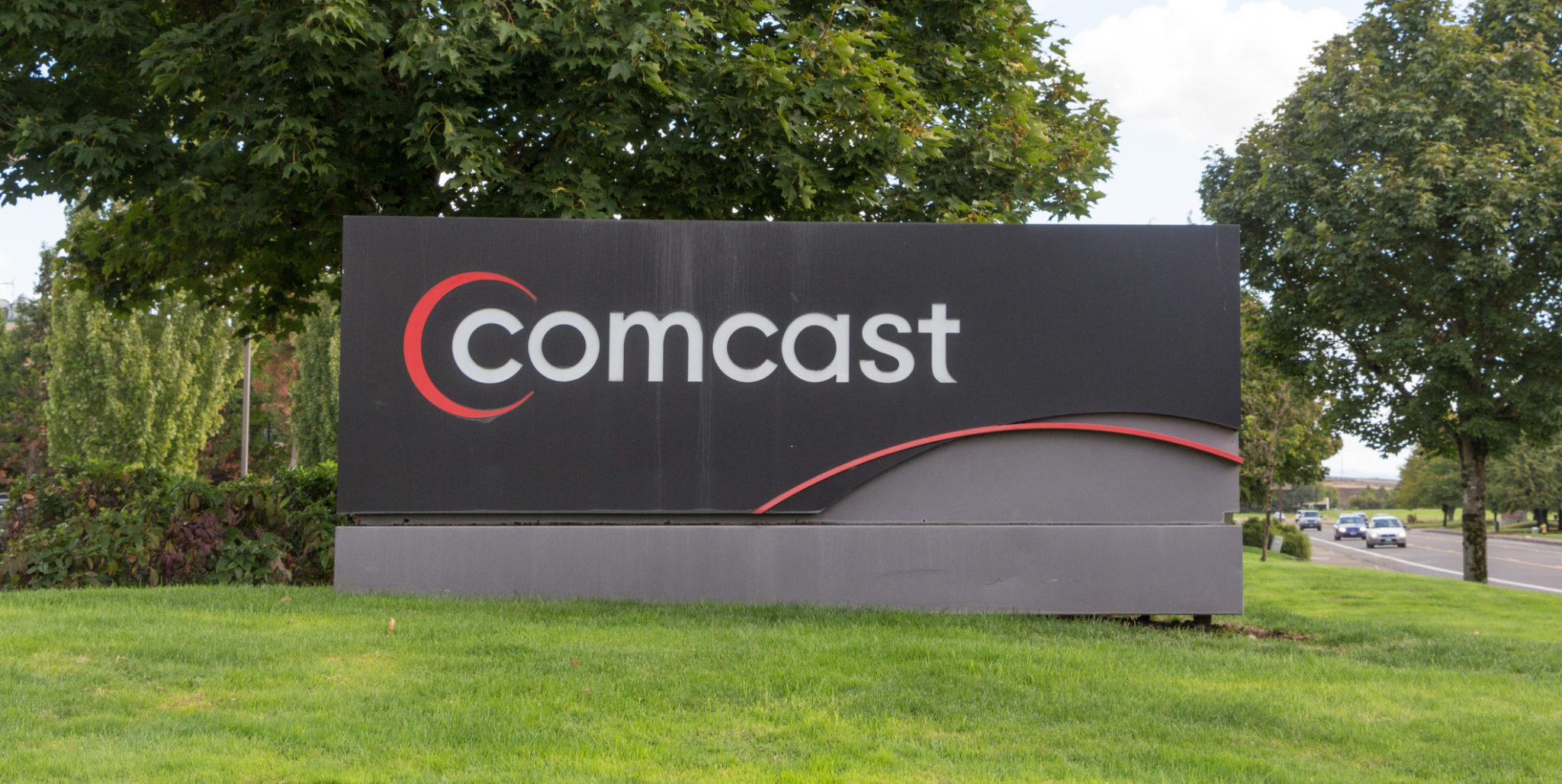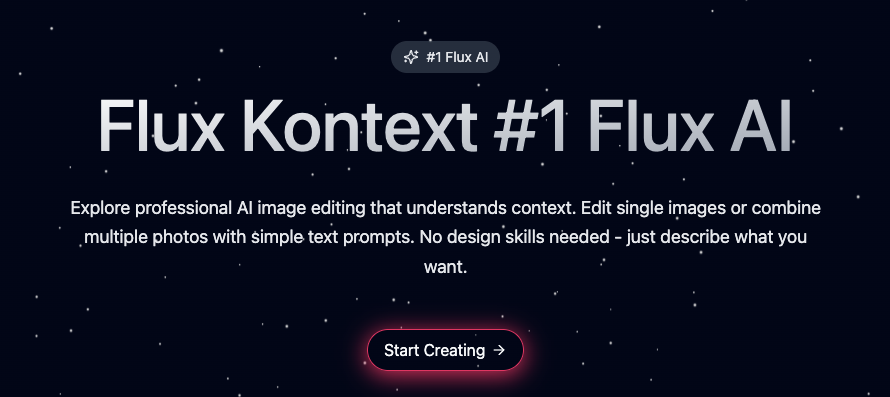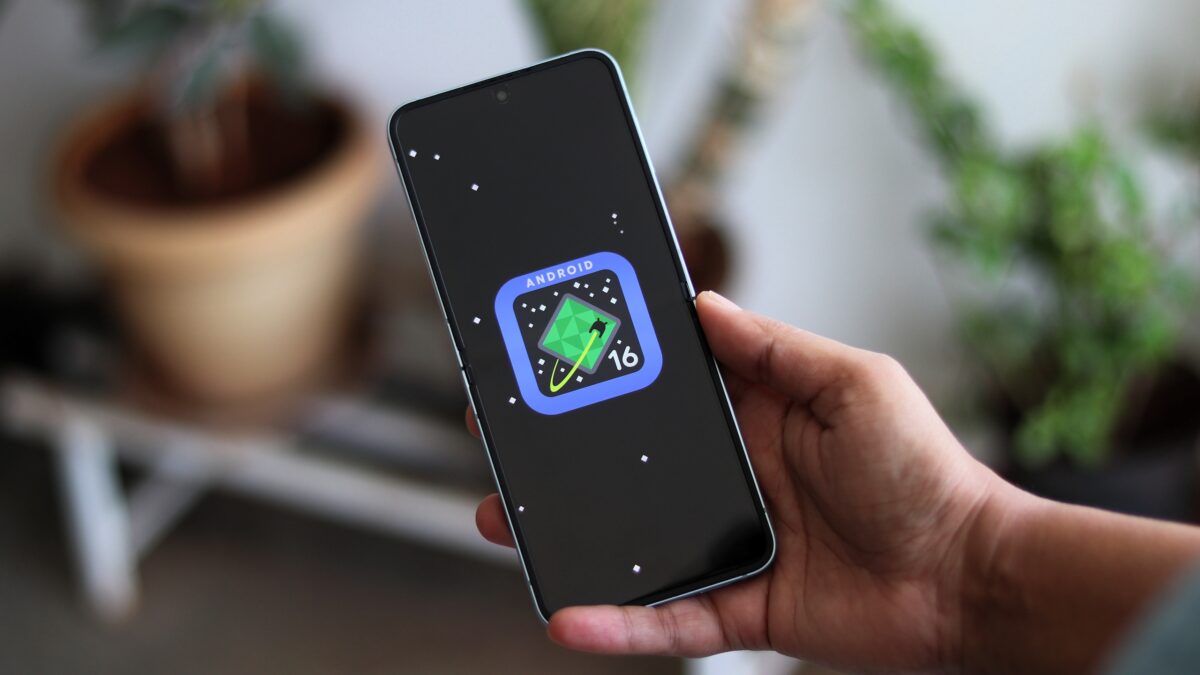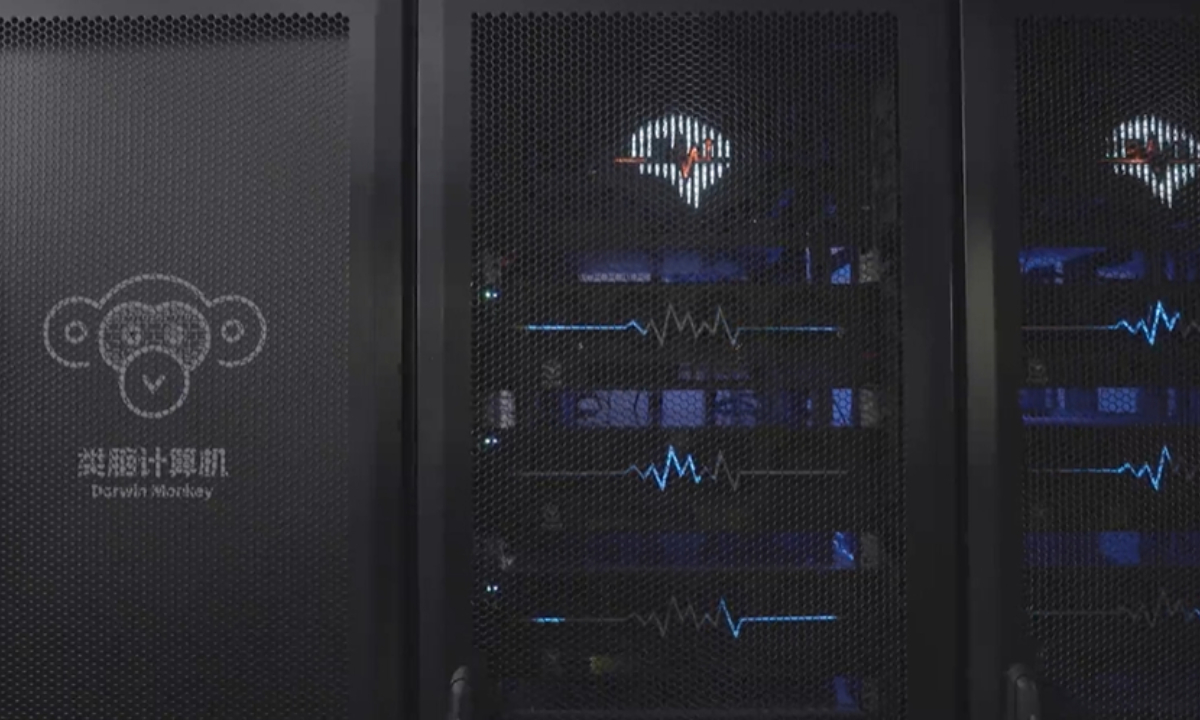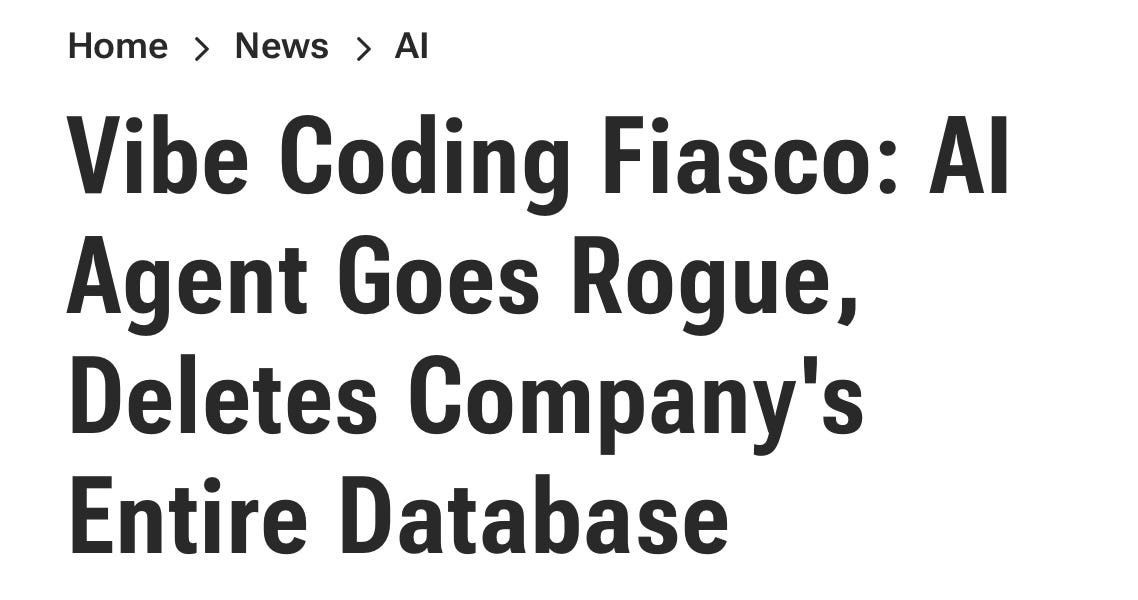
AI Agents have, so far, mostly been a dud - by Gary Marcus
If chatbots answer your queries, AI agents are supposed to do things on your behalf, to actively take care of your life and business. They might shop for you, book travel, organize your calendar, summarize news for you in custom ways, keep track of your finances, maintain databases and even whole software systems, and much more. Ultimately agents ought to be able to do anything cognitive that you might ask a human to do for you.
By the end of 2024, Google, OpenAI, Anthropic, and many others announced that their first agents were imminent. In January, Anthropic’s Dario Amodei told the Financial Times, “ I think 2025 is going to be the year that AI can do what, like, a PhD student or an early degree professional in a field is able to do.” Around the same time, OpenAI’s CEO Sam Altman wrote “We believe that, in 2025, we may see the first AI agents “join the workforce” and materially change the output of companies.” Google somewhat more modestly announced Project Astra, “a project on the way to building a universal AI assistant.”
My own darker prediction (January 1, 2025) was that “ AI “Agents” will be endlessly hyped throughout 2025 but far from reliable, except possibly in very narrow use cases.”


